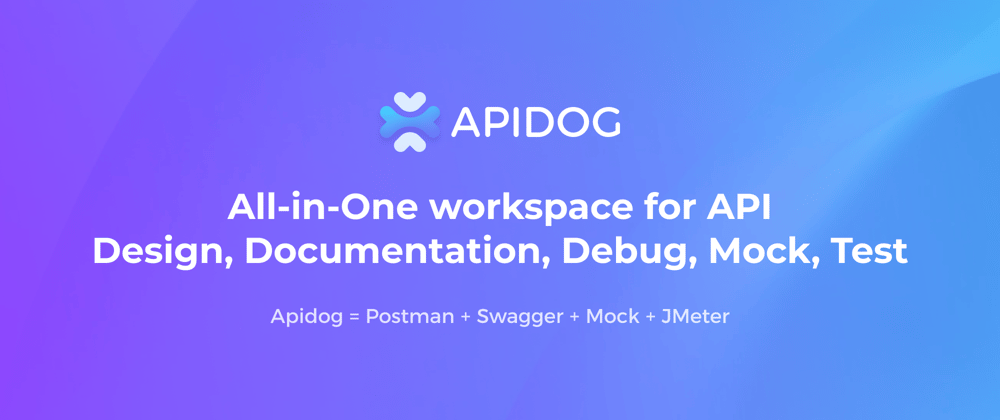Can You Use Postman Offline
Can You Use Postman Offline? A Comprehensive Guide to API Testing Without an Internet Connection
While Postman is primarily an online tool, there are ways to achieve offline API testing. This guide explores various methods, their benefits, and limitations.
Offline Functionality in Postman
Postman offers limited offline functionality, primarily focused on:
- Local Collections: You can create and edit collections locally, without an internet connection. This enables you to organize your API requests, write documentation, and perform basic testing even when offline.
- Testing with Mock Servers: Postman allows you to create mock servers that simulate real API responses. This can be very useful for testing without relying on live server availability.
- Workspaces: Workspaces help you collaborate with others and share collections offline. This is helpful for team projects where you need to work on API requests collectively.
Method 1: Utilizing Local Collections
This method leverages Postman’s offline collection capabilities to structure and execute your tests:
- Create Collection: Navigate to the Collections tab in Postman and create a new collection.
- Add Requests: Add your API requests to the collection, including the URL, headers, and body information.
- Configure Environments: Set up an environment file for your offline testing. This file will contain variables like base URLs, API keys, etc., which you can switch between.
- Run Collection: Once you have your requests and environment setup, you can run the collection locally. Postman will display the results of your API calls, although actual network communication is limited.
Example:
// Environment file for offline testing{ "baseUrl": "http://localhost:3000", "apiKey": "YOUR_API_KEY"}
// Request inside the collection{ "method": "GET", "url": "{{baseUrl}}/users", "headers": { "Authorization": "Bearer {{apiKey}}" }}Method 2: Leveraging Mock Servers
Mock servers allow you to simulate API responses without requiring an internet connection. This method is particularly helpful for testing frontend integration and handling potential errors:
- Create Mock Server: Navigate to the “Mock Servers” section in Postman.
- Define Responses: Configure the desired responses for different API endpoints. You can customize response headers, status codes, and body content.
- Connect to Mock Server: Use the mock server URL in your API requests within the collection.
Example:
// Mock server configuration{ "url": "/users", "method": "GET", "response": { "status": 200, "body": { "users": [ { "id": 1, "name": "John Doe" }, { "id": 2, "name": "Jane Doe" } ] } }}Method 3: Third-Party Offline Tools (Postman Alternatives)
Several third-party tools offer comprehensive offline API testing capabilities. These tools typically provide features like:
- Offline API Client: Allows you to store and execute API requests even without internet access.
- Offline Code Generation: Enables you to generate code snippets for different programming languages based on your API requests.
- Mock Data Generation: Provides pre-built or customizable mock data for various API scenarios.
Example Tools:
- Paw: A powerful Mac-only tool offering versatile offline features for API testing, including mock responses and code generation.
- Insomnia: A cross-platform alternative to Postman, providing offline support and features for mocking APIs, code generation, and collaboration.
Limitations of Offline API Testing
While offline testing offers advantages, it’s important to understand its limitations:
- Limited Network Interaction: You can’t directly interact with live APIs, so results are based on mock data or predefined responses. This might not reflect real-world behavior.
- Data Synchronization: Changes made to collections or environments offline might not be synchronized with the online version. You may need to manually sync your updates when connected.
- Security Considerations: Using a mock server to test API security can be less reliable than testing against a real server.
Conclusion
Although Postman’s offline functionality is limited, using local collections, mock servers, or third-party tools allows you to perform basic API testing without an internet connection. These methods provide valuable benefits for developing and debugging API integrations, while recognizing the inherent limitations associated with offline testing.
